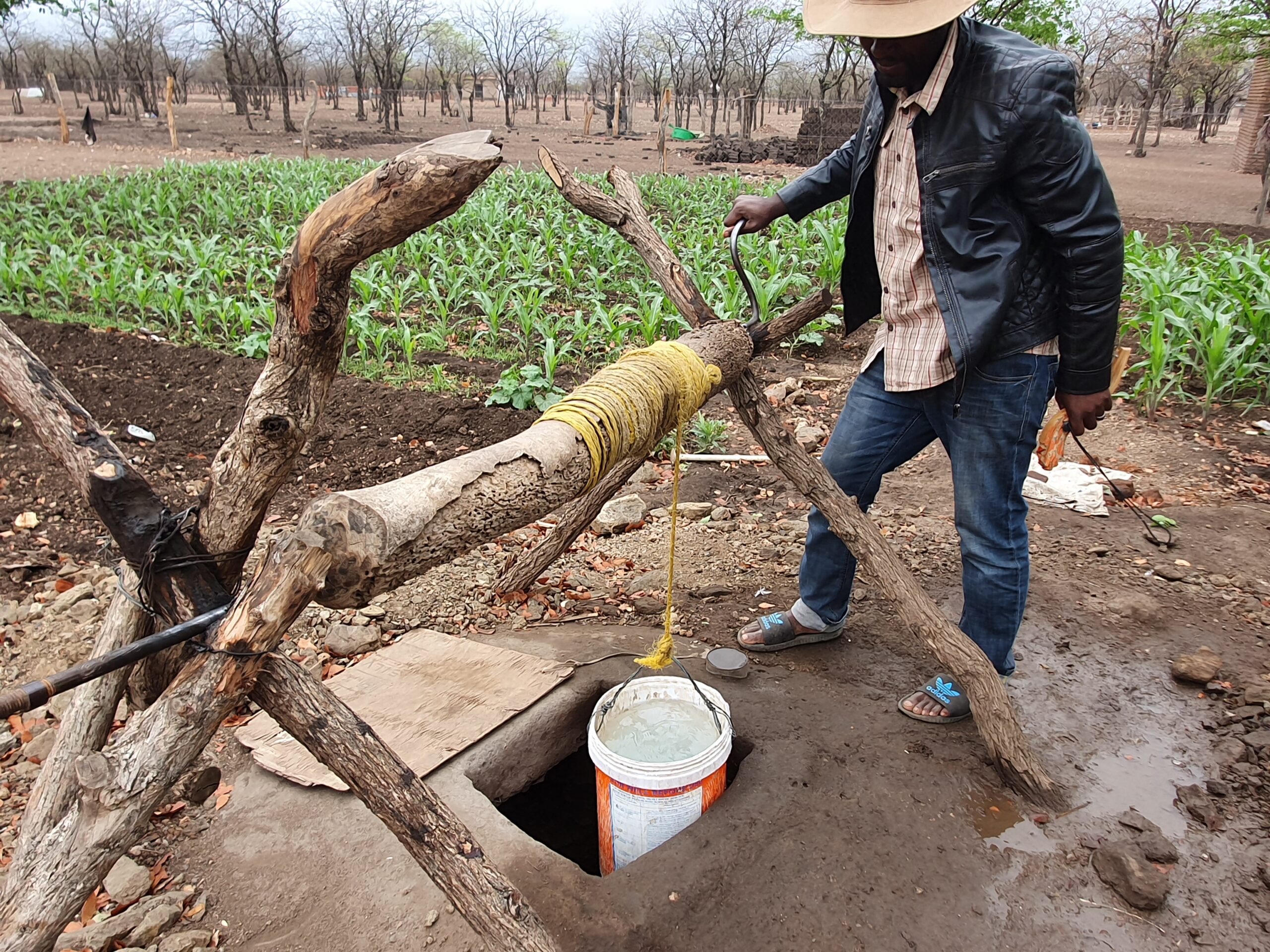The Fight To Protect Indigenous Data And Cultural Knowledge

Table of Contents
The Threats to Indigenous Data and Cultural Knowledge
The preservation of Indigenous data and cultural knowledge is increasingly threatened by a confluence of factors, creating a complex challenge for communities worldwide.
Digital Colonialism and Data Extraction
Digital technologies, while offering potential benefits, are often weaponized for the extraction of Indigenous knowledge without consent or equitable benefit-sharing. This digital colonialism manifests in several concerning ways:
- Genetic research: Bioprospecting, the search for commercially valuable genetic resources, often occurs without the free, prior, and informed consent (FPIC) of Indigenous communities. This practice violates fundamental ethical principles and appropriates genetic material for profit without proper compensation or acknowledgment.
- Archeological databases: Data collected from archeological sites on Indigenous lands frequently ends up in academic and commercial databases without community involvement or benefit-sharing agreements. This fuels the narrative of past dominance and ignores the ongoing cultural significance of these sites.
- Traditional medicine databases: The knowledge of traditional medicine, held within Indigenous communities for centuries, is increasingly digitized and patented by corporations, leading to the loss of traditional practices and the commodification of ancestral knowledge. This process represents a clear case of intellectual property theft.
These examples highlight the urgent need for stricter regulations and ethical guidelines to prevent the exploitation of Indigenous data and cultural knowledge through digital colonialism. The concept of data exploitation needs to be understood within this broader context of power imbalances and historical injustices.
Misrepresentation and Misappropriation
Beyond direct data extraction, the misrepresentation and misappropriation of Indigenous knowledge pose significant threats:
- Inaccurate portrayals of cultural practices: Academic research and media representations frequently misinterpret or simplify complex Indigenous practices, leading to stereotypes and cultural misunderstandings.
- Appropriation of traditional designs: Indigenous designs and artistic expressions are often copied and commercialized without permission, undermining the cultural integrity and economic livelihoods of Indigenous artists. This cultural appropriation strips Indigenous communities of their intellectual property rights and cultural heritage.
- Misinformation: The spread of misinformation about Indigenous cultures and traditions online and in traditional media can perpetuate harmful stereotypes and contribute to cultural loss.
Combating misrepresentation and misappropriation requires critical engagement with media representations, supporting Indigenous voices and perspectives, and promoting accurate and culturally sensitive narratives. The fight for authenticity is central to protecting Indigenous data and cultural knowledge.
Loss of Traditional Knowledge Systems
The loss of traditional knowledge systems due to various factors threatens the very fabric of Indigenous cultures:
- Lack of documentation: Many Indigenous languages and knowledge systems remain undocumented, making them vulnerable to loss through language death and generational shifts.
- Language loss: As Indigenous languages disappear, so too does the intricate knowledge embedded within them, including medicinal practices, storytelling traditions, and environmental knowledge.
- Cultural assimilation: The pressures of globalization and cultural assimilation can lead to the abandonment of traditional practices and knowledge systems in favor of dominant cultural norms.
This loss has severe implications for community resilience, cultural identity, and the ability of future generations to connect with their heritage. Cultural preservation efforts are critical to counteract these threats and ensure the continuity of Indigenous knowledge systems.
Strategies for Protecting Indigenous Data and Cultural Knowledge
Protecting Indigenous data and cultural knowledge requires a multi-faceted approach that empowers Indigenous communities to control their own narratives and heritage.
Data Sovereignty and Self-Determination
Data sovereignty, the right of Indigenous communities to govern the collection, ownership, and application of their data, is paramount. This principle allows Indigenous communities to exercise self-determination and control over their own information, leading to ethical and beneficial uses of their data and knowledge:
- Community-based participatory research (CBPR): CBPR models prioritize Indigenous participation and leadership in research projects, ensuring that data is collected and used ethically and beneficially for the community.
- Free, Prior, and Informed Consent (FPIC): FPIC is a critical element of data sovereignty, ensuring that Indigenous communities are fully informed about research projects and give their consent before any data is collected.
- Indigenous-led data management systems: Communities are establishing their own data management systems, ensuring that knowledge remains within their control and is used in ways that honor their traditions.
These initiatives demonstrate the power of Indigenous-led approaches to protect their data and cultural knowledge and ensure that its benefits remain within their communities.
Legal and Policy Frameworks
Strengthening legal and policy frameworks is crucial for protecting Indigenous intellectual property and cultural heritage.
- International legislation: International instruments like the UN Declaration on the Rights of Indigenous Peoples (UNDRIP) provide a framework for the protection of Indigenous rights, including their cultural heritage.
- National legislation: Many countries have developed national laws and policies aimed at protecting Indigenous intellectual property and cultural heritage, although enforcement remains a significant challenge.
- Copyright and patent laws: Adapting existing copyright and patent laws to accommodate the unique nature of Indigenous knowledge systems is essential to prevent its unauthorized use and exploitation.
Advocating for stronger legislation and effective enforcement mechanisms is crucial in the fight to protect Indigenous data and cultural knowledge.
Digital Literacy and Technological Empowerment
Empowering Indigenous communities with digital literacy skills and technology can help them protect and share their knowledge effectively:
- Digital preservation projects: Initiatives focused on digitizing Indigenous languages and cultural knowledge enable their preservation and accessibility for future generations.
- Community-led initiatives: Indigenous communities are developing their own websites, online archives, and multimedia platforms to share their stories and knowledge on their own terms.
- Technology for cultural preservation: Innovative technologies, such as virtual reality and augmented reality, offer opportunities for engaging storytelling and cultural transmission.
Investing in digital literacy training and providing access to appropriate technology empowers Indigenous communities to control the narrative and ensure the ongoing preservation of their cultural heritage.
Conclusion
The threats to Indigenous data and cultural knowledge are significant and multifaceted, ranging from digital colonialism and data extraction to misrepresentation and the loss of traditional knowledge systems. However, through embracing data sovereignty, strengthening legal frameworks, and leveraging digital literacy and technology, Indigenous communities are actively working to protect their invaluable heritage. Protecting Indigenous data and cultural knowledge requires a collective effort. We must all learn more about the challenges faced by Indigenous communities, support Indigenous-led initiatives, and advocate for policies that ensure the protection of this crucial heritage. The fight for data sovereignty is a fight for the preservation of cultural identity and self-determination, a fight that deserves our unwavering support.

Featured Posts
-
 The Best Starter Pokemon From Each Generation A Comprehensive Guide
May 14, 2025
The Best Starter Pokemon From Each Generation A Comprehensive Guide
May 14, 2025 -
 Get A 500 Instant Loan With Chime Everything You Need To Know
May 14, 2025
Get A 500 Instant Loan With Chime Everything You Need To Know
May 14, 2025 -
 Opera V Sauni Na Yevrobachenni 2025 Scho Ochikuvati
May 14, 2025
Opera V Sauni Na Yevrobachenni 2025 Scho Ochikuvati
May 14, 2025 -
 Bournemouths Huijsen A Liverpool Transfer Target
May 14, 2025
Bournemouths Huijsen A Liverpool Transfer Target
May 14, 2025 -
 Ted Blacks Rejected Power In Suits La Episode 2 A Critical Analysis
May 14, 2025
Ted Blacks Rejected Power In Suits La Episode 2 A Critical Analysis
May 14, 2025
